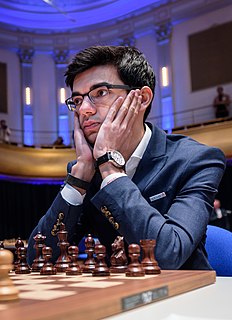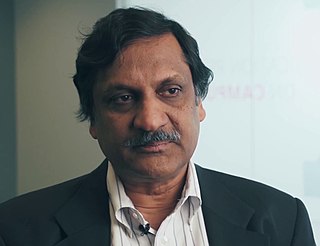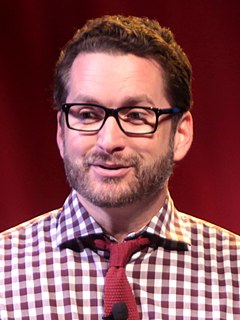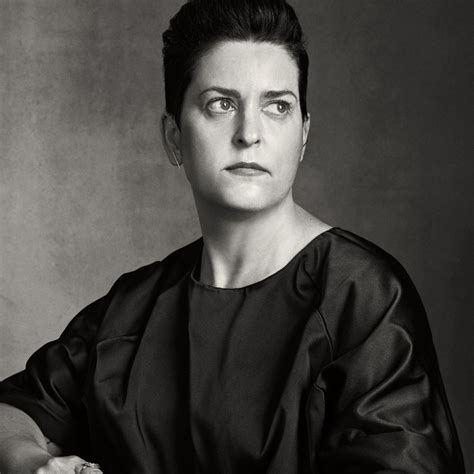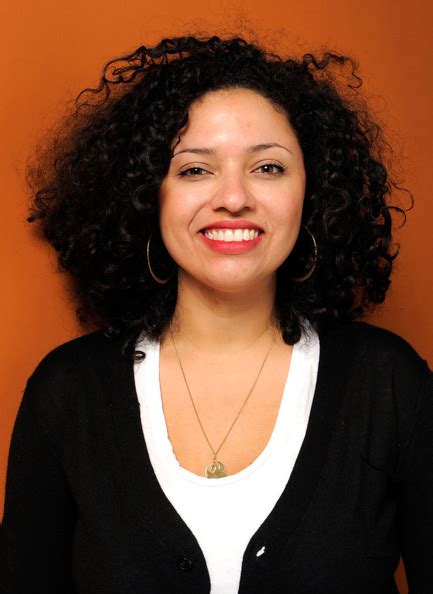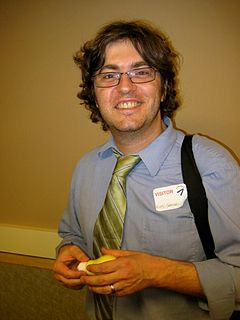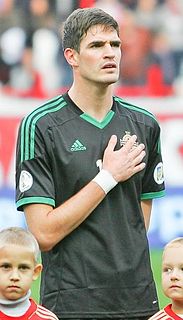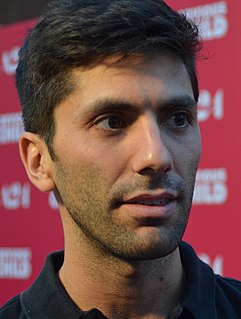A Quote by Daphne Koller
Not everything that happens in an in-person classroom is currently replicated with an online course, and perhaps the experience will never be the quite the same. But there are new opportunities that online learning opens up that would have never been possible without this technology.
Related Quotes
Online education, then, can serve two goals. For students lucky enough to have access to great teachers, blended learning can mean even better outcomes at the same or lower cost. And for the millions here and abroad who lack access to good, in-person education, online learning can open doors that would otherwise remain closed.
The same person who would never raise his hand in a lecture hall of two hundred people might blog to two thousand, or two million, without thinking twice. The same person who finds it difficult to introduce himself to strangers might establish a presence online and then extend these relationships into the real world.
More platform-sensitive generations will make distinctions between online and in-person intimacy, whereas fourteen-year-olds have very nuanced online selves and might embody their virtual identity in the physical, analogue version of themselves. They have a much more pluralistic understanding of the self. I don't think we'd be here now in this amazing sexual and gender revolution without the online space where young people can see and share other versions of identity and sexuality.
I think being really open to this new world of online and what it means to be online. Also, understanding that maybe it's time to let go of the 90-minute experience and realize that all of the content that comes on top of the 90-minute film experience, [that] there's a lot of that, especially with documentaries.
Designing Online Communities is a must-have for anyone designing or researching online communities, particularly for learning. Owens' work is both comprehensive and eminently readable, a sweeping look at the technologies, design patterns, and cultural forms they produce that is both theoretically ambitious and grounded in examples and tools that will help you develop, research, and manage online communities.
The online credential, the online certificate is very different from an on campus certificate. And we really believe that online learning and the EdX platform and the EdX portal, these are ways in which - you can think of them as a rising tide that's going to lift all boats whether for students worldwide or on our campuses.
I will never have a photograph of her to carry around in my pocket. I will never have a letter in her handwriting, or a scrap-book of everything we've done. I will never share an apartment with her in the city. I will never know if we are listening to the same song at the same time. We will not grow old together. I will not be the person she calls when she's in trouble. She will not be the person I call when I have stories to tell. I will never be able to keep anything she's given to me.
I always thought that digital first was a simplistic notion, and I am not even sure quite what it means. It should be stories first. Let's take the Paris story: the New York Times covered it all day, we held nothing back. Everything we learned, we published online. Then, when you approach your print deadline, you have to do two things. You have to polish those stories that are online because print is less forgiving of mistakes. Secondly, in an ideal world, you pick one thing that will feel fresh and compelling to people in the morning when they pick up the print paper.


